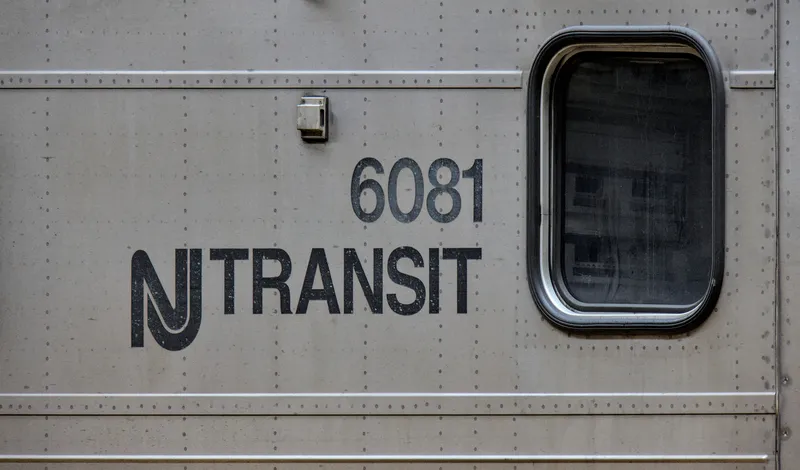“By expanding DriveCam’s video-based solution throughout NJ Transit’s entire fleet, we are demonstrating our commitment to enhancing the safety and security of customers and employees alike,” commented Transportation Commissioner and NJ Transit board chairman, James Simpson. In addition to achieving a 54 per cent reduction in collisions since launching the DriveCam Program, NJ Transit has seen the frequency of risky driving events per vehicle decrease by 91 per cent and the use of cell phones decrease by 69 per cent.
DriveCam addresses the causes of poor driving by combining data and video analytics with real-time driver feedback and coaching, resulting in reductions in collision-related costs and fuel consumption.
Covering a service area of 5,325 square miles, NJ Transit is the third largest provider of bus, rail and light rail transit in the US, linking major points in New Jersey, New York and Philadelphia. The agency operates a fleet of 2,027 buses, 711 trains and 45 light rail vehicles. On 236 bus routes and 11 rail lines statewide, NJ Transit provides nearly 223 million passenger trips each year.










